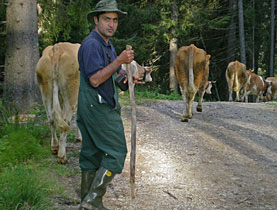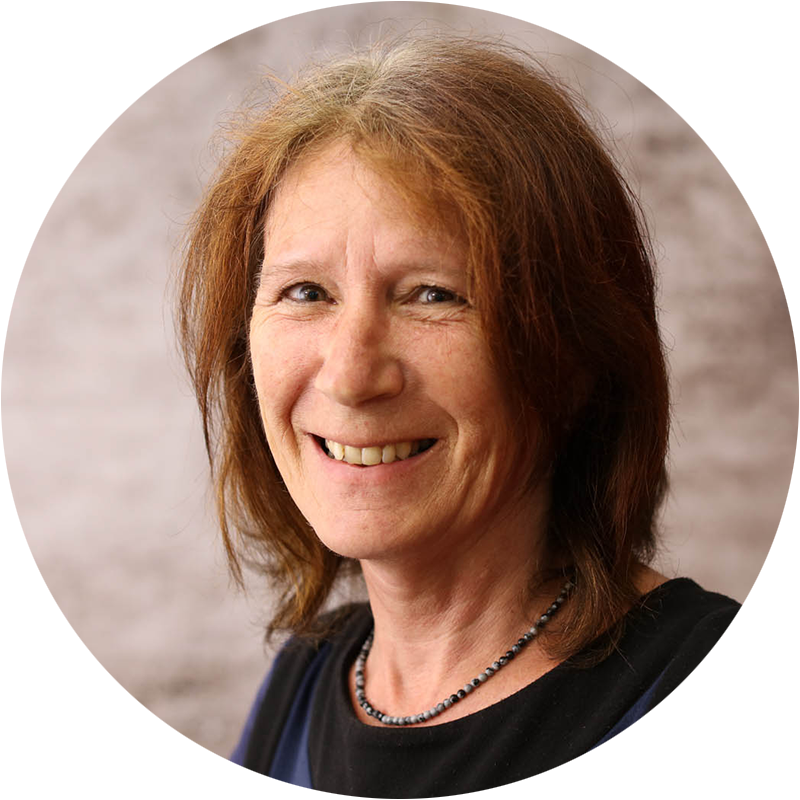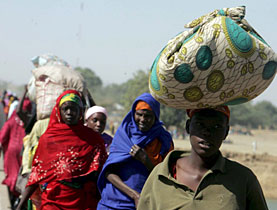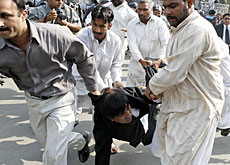From Peshawar to Swiss pastures

Mucking out the milking shed is not everyone's idea of a holiday but life on an alpine pasture is just what appealed to Pakistani human rights expert Sher Zaman.
The 40-year-old from Peshawar in northwestern Pakistan spent a month in Switzerland this summer. But instead of the regular tourist experience, he wanted to get a feel for what it’s like to work in Switzerland and to learn something new.
One of his new experiences was herding cows and making cheese. This rural idyll ended up being the highlight of his stay.
Zaman has worked for Basel-based fair-trade label Step for the past five years. He is their man on the ground in Pakistan, travelling through the provinces, visiting families and factories that make carpets. His job is to check the working conditions and oversee improvements.
At the beginning of his “holiday” in Switzerland he worked as a spare hand on a building site in the capital Bern. He did the fetching and carrying, helped with the painting and carpentry jobs.
But it was the time he spent on the pastures of Kalberhöni ob Saanen in the Bernese Oberland that he found most enjoyable. He went misty-eyed just talking about all the hard work.
“Early in the morning I brought the cows from the forest to the shed for milking. Then I chopped wood, helped in the butter and cheese making, cut the grass and mucked out the stalls. After the evening meal around 9pm, I fell into bed and slept like a log.”
Mountain idyll
Ten days without television, a mobile phone or a computer, no meetings, no reports to write, no Coca Cola – just cheese, milk, butter, bread and fresh home-grown vegetables.
Zaman thrived with plenty of physical work and fresh mountain air. “It did me good”. The work was very satisfying and productive, he said. “With my help cheese and butter were made, and the cows ate grass that I had cut.”
The visiting farm hand communicated with farmer Willy Bach and his family in English, with a dictionary on stand-by for tricky words. Zaman managed to pick up a few phrases in Swiss German.
He also had to learn how to handle the cows. “At first I was afraid when they stared at me motionless, these creatures with their huge horns. But after two days they trusted me and I was able to pet them. I even knew a few by name. As they didn’t understand my language, I learned to say ‘come here’ in dialect.”
Although cheese is also produced in Pakistan, Zaman was not familiar with cheese making. “The time on the mountain really got me interested. When I go back I want to find out how Pakistani farmers make cheese.”
Glaring opposites
While Switzerland is known all over the world for its natural beauty, Zaman’s homeland is more often the subject of negative headlines.
Pakistanis are familiar with the usual Swiss clichés of beautiful mountains, cheese and chocolate. “Lots of people think Switzerland is the most beautiful country in Europe and many Pakistanis dream of one day being able to visit.”
However the feeling is not reciprocated. “In the West you only hear about bomb attacks, corruption, political unrest and power struggles,” he said.
This bothers Zaman because his country also has good sides and Pakistanis are generally friendly hospitable people.
Zaman loves his country. He has never entertained the notion of seeking asylum abroad despite working in the politically sensitive area of human rights. “What would become of my family, my friends and all the people I am connected to? I want to work for my homeland; my country needs me.”
Beset by problems
With the growing militant threat in the northwestern tribal areas, the army under pressure and in-fighting among government coalition parties, Pakistan is going through troubled times.
It is no wonder that religious extremism is on the increase, Zaman believes. In the areas near the Afghan border there is no work, not a single university and hardly any infrastructure. The people are not included in the political process.
“The only thing they have left is weapons, they can get by with guns. In Switzerland children play basketball and football, in the tribal areas with guns.”
Zaman complains about a lack of vision or strategy from the Pakistani government and the international community to find a way out of the spiral of violence.
“The US spends a lot of money on security and the fight against terrorism in Pakistan. They train our soldiers with sophisticated weapons. This is surely not the right way and a threat for the whole world.”
swissinfo, based on an article in German by Gaby Ochsenbein
Zaman comes from Peshawar, Pakistan.
He studied human rights and political science in Bangkok, Thailand.
He has worked for several non-governmental organisations.
He has been with the Basel-based fair-trade label Step since 2003, checking the working conditions of carpetmakers in Pakistan and Afghanistan.
In Pakistan, 70 per cent of carpets are made in homes, the rest in factories.

In compliance with the JTI standards
More: SWI swissinfo.ch certified by the Journalism Trust Initiative




You can find an overview of ongoing debates with our journalists here. Please join us!
If you want to start a conversation about a topic raised in this article or want to report factual errors, email us at english@swissinfo.ch.